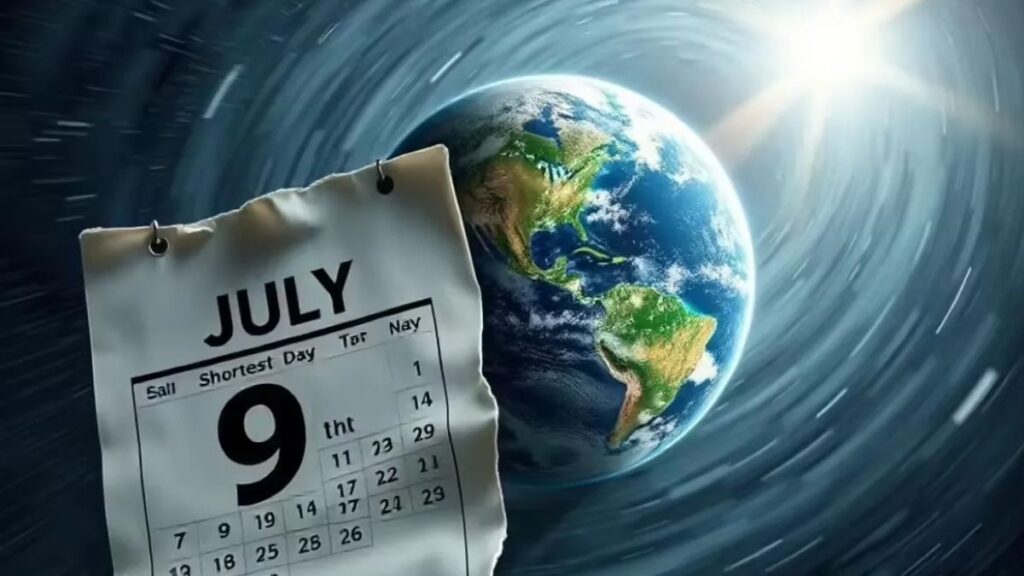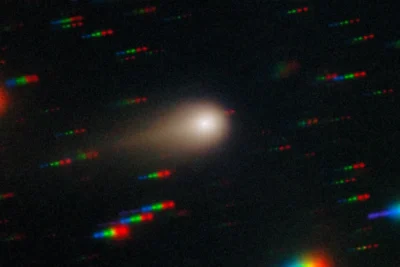
Earth is spinning faster — And tomorrow may be the shortest day of this year

Itaperuna, 8 July 2025 – By Raphael
The Earth is experiencing an unprecedented phenomenon in modern measurements: its rotation is accelerating, resulting in shorter days for a few milliseconds — And tomorrow, July 9th, could be the shortest day ever recorded in all history.
🕒 What's going on?
According to observations from the International Earth Reference and Rotation Systems Service (IERS) and the U.S. Naval Observatory, the planet will rotate between 1.3 and 1.6 milliseconds faster than usual. This means that the day will last approximately 86.399.3 seconds, a few milliseconds less than the traditional 86,400 seconds.
The previous record was in 5 July 2024, with an acceleration of 1.66 ms. Now, 2025 can overcome that number, consolidating the phenomenon.
📅 What days are at stake?
Experts highlight that July 9 is the first shortest day to be recorded with that degree of accuracy. Other days suspected of having the same characteristic are:
- 22 July
- August 5
In all these cases, the acceleration of rotation should be between 1,3 ms and 1,5 ms.
🌙 Why is it happening?
The main hypotheses for this change in Earth's rotation rhythm are:
- Moon Position – When it is near the poles, its gravity recalibrates the Earth's mass distribution, making it spin faster (like a skater pulling the arms).
- Internal recalibration – Changes in the core, mantle, earthquakes and mass redistribution (such as melting glaciers) also influence this variation.
Still, scientists still cannot fully explain the cause, because existing atmospheric and oceanic models are not enough to justify the observed changes .
And why does it matter?
These milliseconds may seem irrelevant to our daily lives, but they are crucial for systems that depend on extreme precision, such as:
- GPS and telecommunications networks
- Stock exchange, banking synchronisation
- Scientific modeling and astronomy
To compensate, the IERS already plans to insert a "negative second interim"planned for 2029 — the first time this adjustment will be made — in order to keep civil time (CTU) aligned to real solar time.
🔍 Real impact of the phenomenon
Although curious, the impact is purely technical — there will be no earthquakes, climate change or darkening of days. The phenomenon does not represent biological or environmental risk .
The geophysicist Duncan Agnew, da Scripps Institution of Oceanography, reforça que, embora "não vá causar catástrofe alguma", o fenômeno revela que estamos vivendo "um período bem incomum para o planeta"
Source of Matter: theguardian


Related Articles